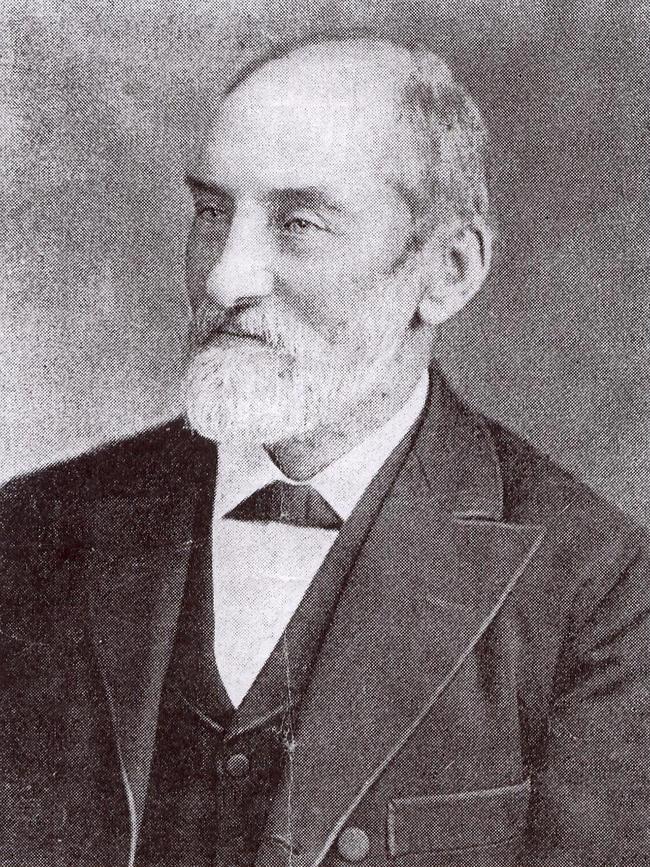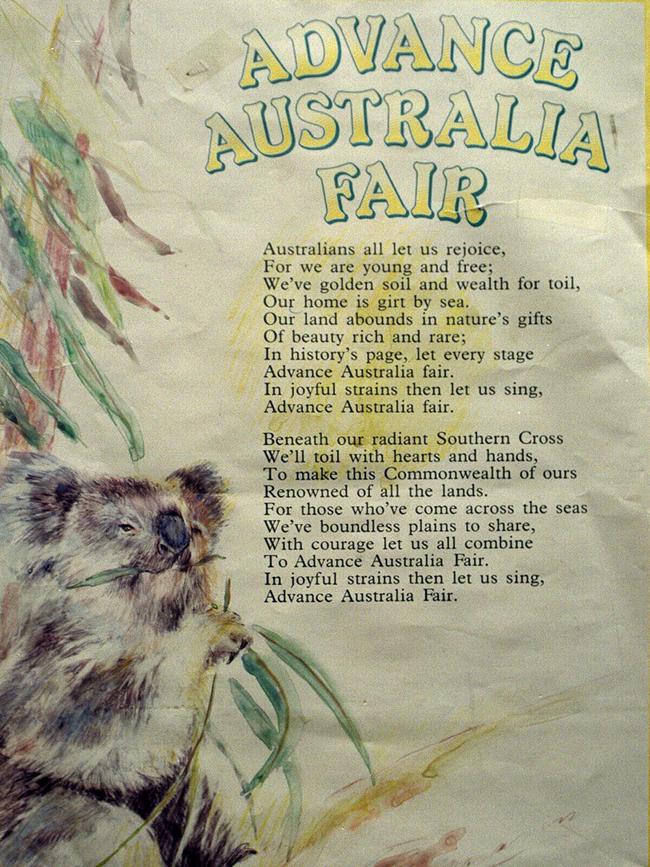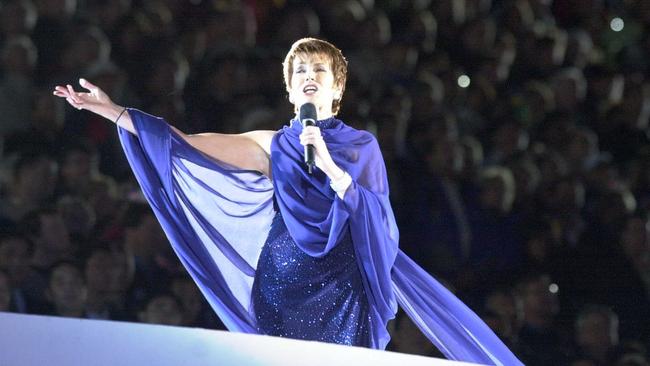Advance Australia Fair first sung at a meeting to mark Scotland’s National Day
On St Andrews Day in front of an audience of Scottish expats, the song that would become Australia’s national anthem was first performed

It was St Andrew’s Day and a largely Scottish expat crowd, members of the Highland Society, had gathered to hear the Grand Annual Scottish Concert at the Protestant Hall in Castlereagh
St, Sydney.
On the program was singer Andrew Fairfax, performing a new song written by local teacher and composer in his spare time, Peter Dodds McCormick.
Accompanied by a pianist, Fairfax belted out “Australia’s sons let us rejoice …” The song, Advance
Australia Fair, was a statement of McCormick’s love of, and optimism for, his adopted country of Australia, and it was rapturously received.
This was the first public performance of Advance Australia Fair, on November 30, 1878, 140 years ago today.
Within a few years it had become one of Australia’s favourite songs and later our national anthem. But its path from “bold and stirring” patriotic song to our official anthem was
a long one.


McCormick was born in Port Glasgow, Scotland, in about 1833. The son of a seaman he took up an apprenticeship as a joiner. He decided to migrate to Australia in 1854, arriving in Sydney in February 1855.
McCormick offered his services as a joiner and would have soon been hard at work in a city starved of skilled tradesmen, during the gold rush.
To help adjust to his new country he mixed with other expat Scots at the local Presbyterian Church and in the Highland Society. He also joined a local musical society. It is not known whether he had any musical ability before coming to Australia, but the fact he would join a musical society suggests he either had some knowledge or at least a willingness to learn.
Determined not to spend his life as a tradesman, in 1863 he undertook teacher training at Fort Street Model School in the Rocks. After a month of training he joined the staff of St Mary’s National School, in what was then the semi-rural area of St Marys west of Sydney, as “teacher-in-charge”.

He met and married Emily Boucher, daughter of an English migrant, in 1863, and she became a sewing teacher at his school. She died in 1866 and in 1867 he married Emma Elizabeth Dening, daughter of another English migrant, from Five Dock. That same year he went to a Presbyterian denominational school at Woolloomooloo, staying until 1878, when he joined the staff of Dowling St Public School.
In 1878 after watching a concert where national anthems were sung he later said he felt “very aggravated that there was not one note for Australia”.
On the bus ride home he began to write his song. When he got home he put it to music “with the greatest ease” and on November 30 gave its first public performance. It was so well received that he had requests to perform it elsewhere and demands
that he publish the music.
The lyrics on the original published version were different to the song we know today. The first words “Australia’s sons”, were later changed to “Australians all” but much of the rest of the first verse is recognisable. The second verse talked about “gallant Cook” sailing from “Albion” to plant “Old England’s flag.”
The third was about shining like a “glorious Southern Star” in the eyes of other nations, by combining the “heart and hand” of the primarily English, Scottish and Irish population with no mention of indigenous people. The fourth verse was about defending our nation from foreign invaders.

It struck a chord with people at the time. A report in the Protestant Standard in December 1878 said: “We have to acknowledge the receipt of a copy of this spirited and patriotic song written and composed by ‘Amicus’. “Already the song, as having been sung by Mr. A. Fairfax, is a great favourite at public gatherings. The music is bold and stirring, and the words are well put together. Our friend Mr. D.P. McCormick, modestly wishes it to be known in connection with the piece simply as ‘Amicus’, but he deserves, as the friend of the sons and fair daughters of Australia to whom he dedicates the piece, to be known in proprio nomine.”
The song was soon being played at big public occasions, and massed choirs sang it at official ceremonies for Federation in 1901. In 1907 the government awarded McCormick £100 for writing the song. He died in 1916.
Many troops heard his song as they departed for World War I, but it competed with other patriotic tunes, such as Song Of Australia, written in 1859. There were several attempts to have it named our national song
before a referendum in 1977 chose
it over other songs, including
Waltzing Matilda.
It replaced God Save The Queen as our national anthem in 1984.



